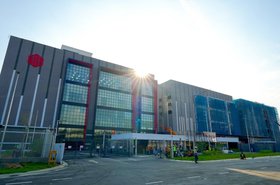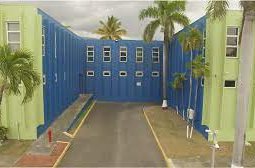Japan’s Ministry of Economy, Trade, and Industry has announced that over 100 regional governments have expressed interest in hosting new data centers.
This comes after the Ministry stated its intention to decentralize its data centers and subsea cable landing bases in January.
The regions that have offered new data center locations include Yoshinogari Town, Uki City, Nogata City, Totori City, and many more.
These locations are currently under review, with the ministry investigating the scale of the site, current power infrastructure development status, communication infrastructure development status, traffic access, the current use of the site, and other information such as the potential for renewable energy, cost, flood, and other natural risks.
The Ministry will be repurposing part of the Data Center Regional Base Development Project supplementary budget for fiscal year 3 of Reiwa (2021), the total of which was 7.1 billion yen (US$ 54.7 million), in fiscal year 4 (2022) in the hopes of increasing data demand in rural areas. Further details around a budget have not yet been determined.
Reiwa is the current era of Japan's official calendar. It began in 2019 when Emperor Naruhito ascended the throne.
The Ministry is also hoping to promote the future data center bases for further external investment. While Japan has companies already investing in the country’s data center industry, many focus their builds on the Tokyo area, including Gaw Capital and GLP, both announced earlier this year.
A news report posted on the Ministry’s website recognized that, “with the digitization of society and industry, new businesses that utilize data in all fields such as medical care, education, transportation, and agriculture are expected to solve social issues and data that plays a role in collecting and processing data. The importance of the center is increasing.” (Translated from Japanese).
However, with Tokyo as the current hub, with 60 percent of Japan’s data centers located near the city, there are significant risks that digital infrastructure could be affected by earthquakes and Tsunamis. In March this year, homes in Tokyo experienced blackouts due to an earthquake off the coast of Fukushima.
The Ministry hopes that this decentralization will result in a more resilient infrastructure.






